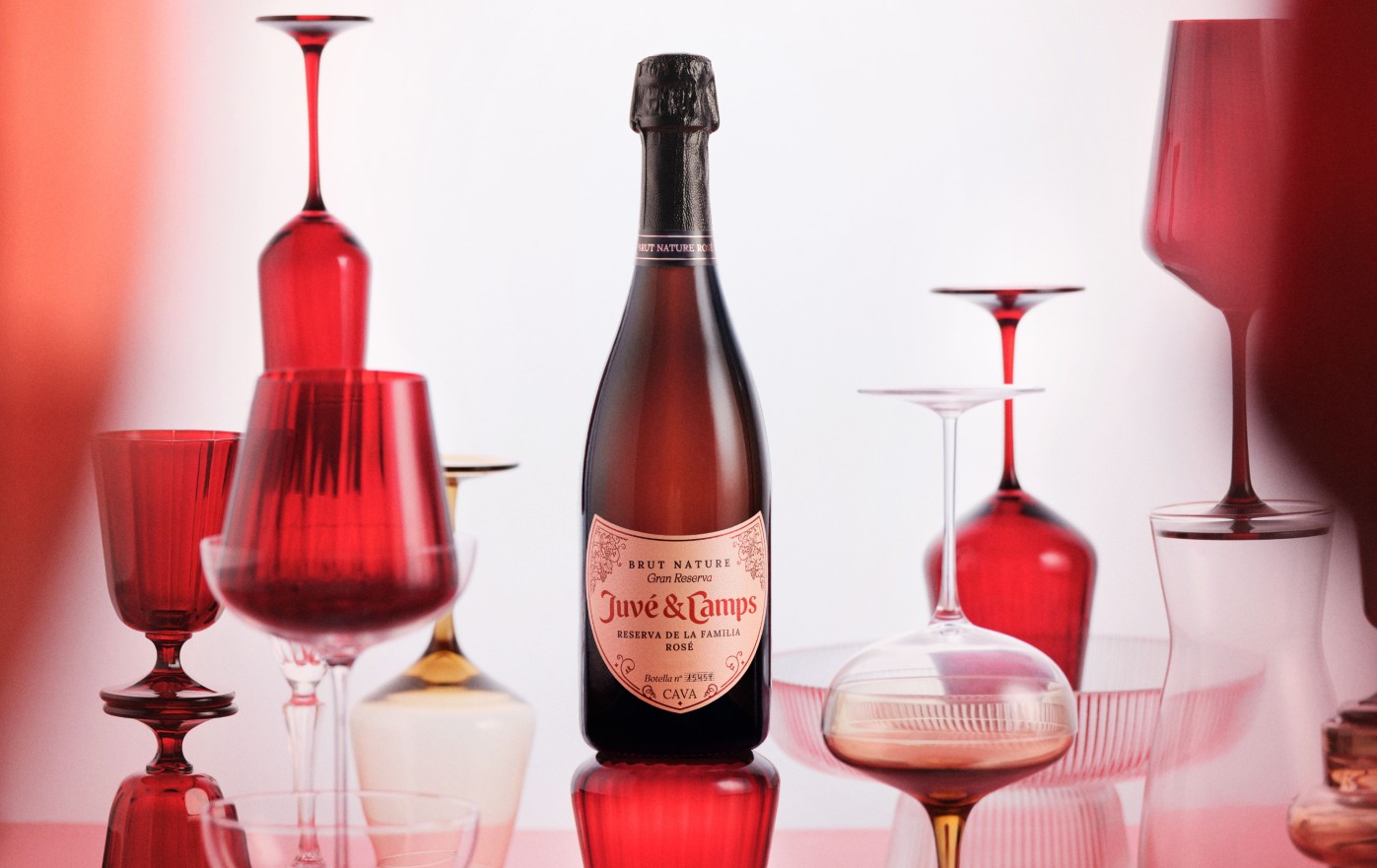Guest Monologue – Careering About
Dan Jago, MD Bibendum Wine Limited, reveals the historical description of the archetypal day in the wine trade. Arrive about ten, call for coffee and someone to walk your dog in St James’s Park, dictate a few letters and call a few chums then off to your club for lunch about midday.
At roughly half past three (if the Port wasn’t really that special), pop back in to sign the morning’s correspondence and then push off home. To break the monotony, occasionally you’d go to Burgundy or Bordeaux with a small group of carefully selected customers (usually the same ones as the last three trips) and eat to excess.
Where did the wine trade of old go – or has it? Has Estate, Church, Army, Wine Trade simply been replaced by Banking, Law, Media … and the Wine Trade as the hereditary career for siblings? Are we still in danger of not being taken seriously enough?
Even today, the majority of young people who find themselves attracted to the wine industry (as I prefer to think of it) rarely do so because of our reputation as a professional and dynamic group of employers, or as a deliberate career choice. Most are attracted by the vision of vineyards, sun, long tastings and the images we use to describe the lifeenhancing qualities of wine. Wine tends to be vocational in the same way as art, media, publishing or the armed forces – people do it for the lifestyle rather than the money. But we still need those who have as much commercial focus as passion for the product.
Partner Content
This is not to say that the wine industry isn’t attracting bright, determined and capable people to the foot of our ladder – quite the opposite. It’s just what we do for them once we have them. Can we all really stand up and be counted as being businesses that offer a clear, well rewarded and structured career path? I think not in many cases. If one looks at the key criteria for a happy employee and a happy workplace, as judged by The Sunday Times for Best Companies, Personal Growth, Giving Something Back, Belonging, Wellbeing and Leadership are the five critical areas. Within that list, only two drinks companies, Bacardi-Martini and Majestic, feature. It can be no surprise that both are considered shining examples of what a “great” company looks like and performs like. Certainly, there can be few unhappy shareholders in Majestic at the moment.
So, what can and should we all be doing to improve things? To start with, we have to try and dispel the myth that wine is all about the things listed at the top of this rant – long lunches, sunny vineyards and customers beating a path to our doors for fear of not being able to secure an allocation of the latest icon wine – and in doing so, stop taking advantage of the vocational nature of wine. To get the best candidates from the pool of prospective employees looking at all their options for future careers, we should set out clear structures, job descriptions and pay levels that mark us out as career employers, rather than the training ground for others. Many of the more traditional wine companies are the product of dynamic and determined individuals who have built up significant businesses from scratch, but how many of these are also held up as iconic employers? And it’s not just about salaries either – investing in people and their workplace is judged just as, if not more, important than money alone. So what should we, as an industry, be doing about this? Looking at a recent development by the catering industry, they have created Springboard UK, a charitable trust set up to support potential recruits by providing information, careers advice and opportunities. Working with a series of trade ambassadors, including the likes of Gordon Ramsay and Jamie Oliver, they are trying to raise the profile of their sector as employers of choice, not just to the precatering school ages, but also to undergraduates. It would be great to see the wine industry, perhaps through an organisation like the Wine and Spirit Trade Association, creating a similar way of ensuring we get the best.
In the meantime, what can we all be doing, or continuing to do, to make our staff proud of the business they are in? We try to work hard and offer plenty of opportunities to play hard too. We promote from within wherever possible and give a damn good reason why not if we don’t. We encourage staff to take time out to travel and get their winemaking fix with one of our producers where we can, and keep their jobs open for them when they get back. But most of all, we try and encourage staff to be proud of what they do, where they work and to be ambassadors for the wonderful, dynamic and professional industry they belong to.




